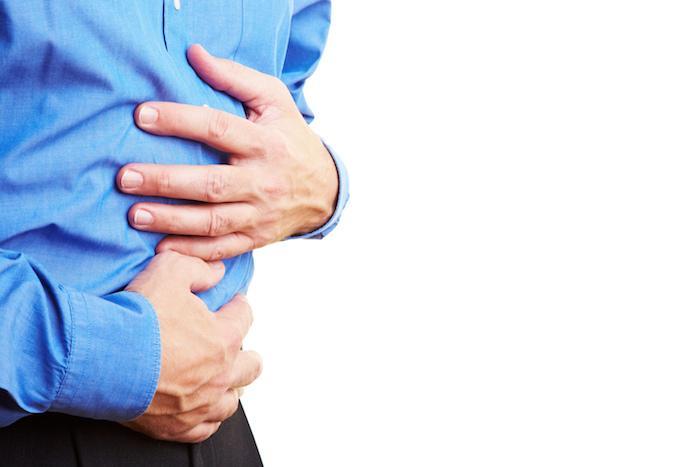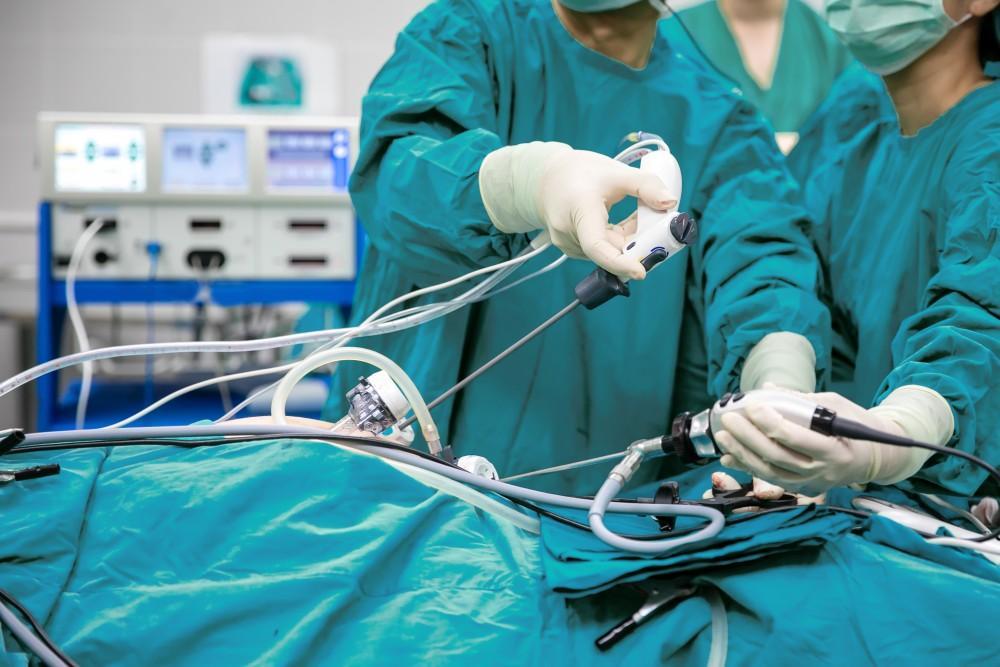
Life After Gallbladder Removal

The gallbladder is a pear-shaped organ that’s about 4 inches long. It sits just below your liver in the upper right quadrant of your abdomen. Your gallbladder is not a vital organ, meaning you can live well without it. It does serve a purpose, though: to concentrate, store, and release bile made by your liver to help you digest fatty foods.
If you’re experiencing the pain and other symptoms that a faulty gallbladder can cause, you may be looking forward to gallbladder removal (cholecystectomy) and relief from your discomfort. And you aren’t alone. Surgeons in the United States remove about 600,000 unhealthy gallbladders annually, mostly due to gallstones.
You can expect to live a perfectly normal life after gallbladder surgery but may experience temporary side effects related to the way your digestive system processes fatty foods. These symptoms may include loose stools or diarrhea, bloating, cramping, and excess gas in response to meals or certain foods. Fortunately, these problems usually last 30 days or less and only affect about half of the people who undergo gallbladder removal.
At Rockwall Surgical Specialists, our surgeons have significant experience and expertise in gallbladder removal. Read on for their advice about what you can do to ease digestive ailments after a cholecystectomy.
Take a break after surgery
Whenever possible, our surgeons prefer the robotic-assisted laparoscopic technique for gallbladder removal because it’s a minimally invasive procedure. Compared to traditional open surgery, the laparoscopic method offers fewer risks of complications during and after surgery and greatly speeds your recovery time.
In fact, most of our patients who’ve undergone a laparoscopic procedure can return home the same day as their surgery. But don’t expect to return to your normal activities right away. Give your body a day or two to rest.
Pamper your stomach as well for two to three days with a diet that’s easy to digest. Start with clear liquids, broth, and gelatin, and then add solid foods gradually.
Reach for smaller portions, and skip the deep-fried menu
As your system gets used to processing fats without the aid of a gallbladder, large meals and high-fat foods can cause pain and bloating. Smaller, low-fat meals spread throughout your day — six is a good number — are easier for your digestive system to handle.
Foods to avoid in the weeks following gallbladder surgery include:
- High-fat meats, such as bologna, sausage, and hamburger
- Cheese, ice cream, whole milk, and other high-fat dairy products
- Pizza
- Cream soups or sauces and meat gravies
- Chocolate
- Chicken or turkey skin
We also recommend you avoid heavily spiced foods during your initial recovery phase because they’re more difficult to digest. Rather than deep-frying your foods, reduce the fat and add flavor by stir-frying skinless chicken breast or lean steak in a pan with a teaspoon of olive oil.
Introduce gas-producing foods slowly
High-fiber foods are an important part of a healthy diet but may add to the gassiness and cramping that can occur after a cholecystectomy. We don’t recommend you stop eating fiber, but we do suggest you introduce it slowly into your postsurgical diet over a couple of weeks.
Foods high in fiber that are natural gas producers include:
- Whole-grain bread
- Nuts and seeds
- Legumes
- Brussels sprouts, broccoli, cauliflower, and cabbage
- Some breakfast cereals, such as bran flakes
Remember that the digestive side effects following a cholecystectomy should resolve within one to four weeks of your procedure. If you have persistent symptoms beyond 30 days, it’s time to see your doctor.
If you’d like further details about what to expect during a cholecystectomy and what life is like after gallbladder removal, schedule a consultation today with one of our expert surgeons at Rockwall Surgical Specialists.
You Might Also Enjoy...


Is It Time for Your Colonoscopy?

Why Your Weight and BMI Are Important Barometers of Your Overall Health

When Does a Hiatal Hernia Require Surgery?

5 Compelling Benefits of Laparoscopic Surgery

